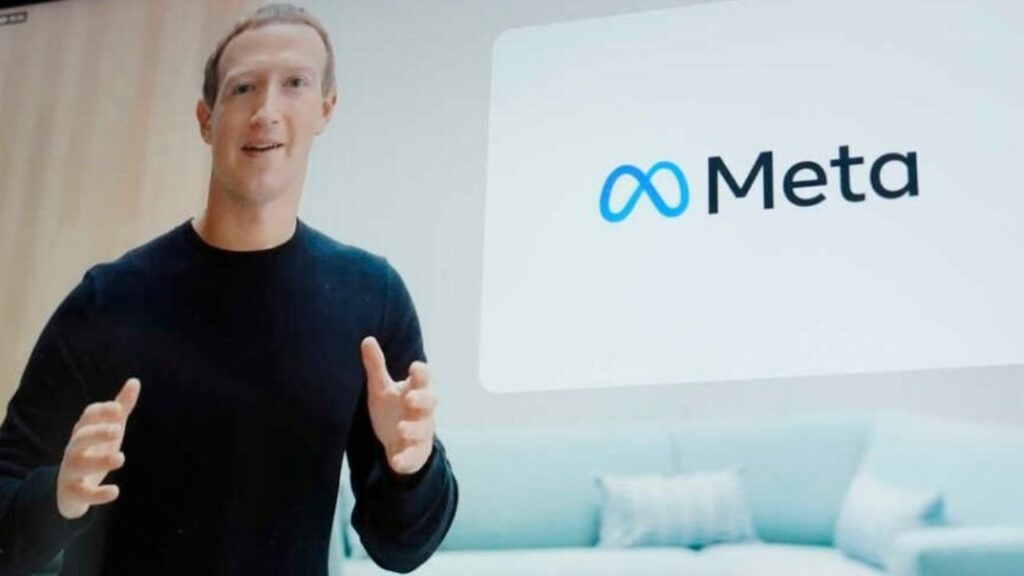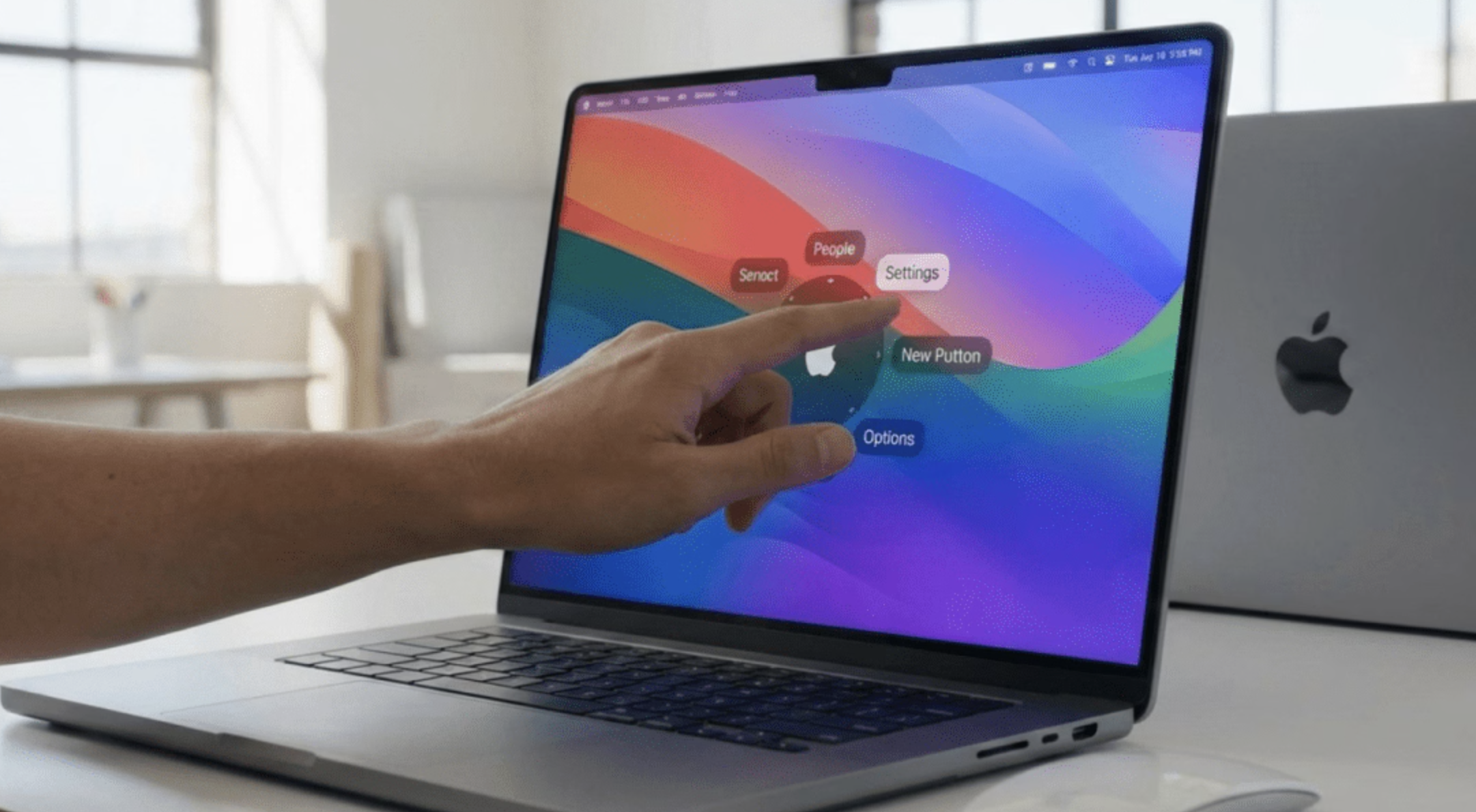A high-stakes antitrust trial kicked off in a US court on April 14, targeting Meta CEO Mark Zuckerberg. The Federal Trade Commission (FTC) alleges that Meta’s acquisitions of Instagram (2012) and WhatsApp (2014) were illegal moves to stifle competition and establish digital dominance.

What Is the FTC Alleging?
At the Washington trial, FTC attorney Daniel Matheson argued:
Meta bought up rising rivals after it failed to compete with them fairly.
He said these deals:
- Created entry barriers for new players
- Eliminated alternatives for consumers
- Solidified Meta’s monopoly in the social media space
What’s at Stake?
If the court sides with the FTC:
- Meta could be forced to sell Instagram and WhatsApp
- It would mark a historic breakup of a tech giant
- Other tech firms could face increased scrutiny
Meta earns nearly 50% of its US ad revenue from Instagram, highlighting the financial blow it could face.
Zuckerberg’s Legal & Political Moves
According to reports:
- Zuckerberg is lobbying Donald Trump to intervene or support a settlement
- He was seen at the White House on April 2
- Past donations to Trump’s inauguration are now seen as part of a bigger political play
“Zuckerberg is trying to cash in — lobbying Trump to settle the FTC’s case,” former US Labor Secretary Robert Reich posted on X.
Meta’s Defence: “This Case is Absurd”
Meta’s Chief Legal Officer Jennifer Newstead dismissed the case:
“It’s absurd that the FTC is trying to break up a great American company while the Administration tries to ban Chinese-owned TikTok.”
Meta claims it improved Instagram’s user experience and that the lawsuit discourages tech innovation.
The Bigger Picture
This trial isn’t just about Meta — it’s a litmus test for Big Tech regulation in the US and a chance for the government to redefine antitrust enforcement in the digital era.












